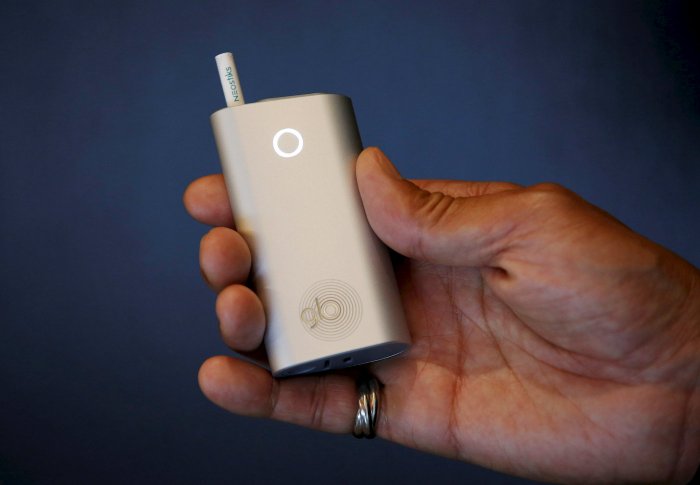By Joyce Lee
INCHEON, South Korea (Reuters) – South Korea’s drugmaker Celltrion Inc, whose copy of blockbuster rheumatoid arthritis drug Remicade is about to hit the U.S. market, aims to expand R&D spending five-fold to one trillion won ($876.24 million) in the next two or three years to help bolster a pipeline of original drugs, its co-CEO said. Celltrion, which is backed by Singapore state investor Temasek and is valued at nearly $11 billion, will spend about 200 billion won on R&D for this year.
“We are trying hard to go to 1 trillion won in R&D spending in 2 to 3 years,” Kim Hyoung-ki, Celltrion’s chief executive officer told Reuters in an interview late on Friday.
Celltrion’s Remicade copy, to be sold by Pfizer Inc in the United States starting late November, is expected to penetrate the U.S. market at a faster rate than it did in Europe, Kim said.
Johnson & Johnson, the U.S. seller of Remicade has appealed against a federal court decision in August that invalidated a U.S. Remicade patent, but Kim was confident that the ruling would be allowed to stand. “Our patent team, and Pfizer’s patent team, have all determined that the decision will not be overturned,” he said.
Celltrion has dozens of in-house personnel dedicated to patent strategy – key for biosimilars, which can only enter a market after the original patent expires, Kim said.
“Biosimilars are a timing game,” Kim said.
Celltrion, whose “biosimilar” — a near-copy of a biotech drug priced at a discount — was the first Remicade copy approved in Europe and the United States, predicts that its revenue will snowball to 10 trillion won in 10 years as it expects European approval for copies of two other blockbuster drugs, Roche’s MabThera and Herceptin, by end-2016 and 2017 respectively. The company generated revenue of 603 billion won last year.
Since launching the Remicade copy in major European countries in early 2015, Celltrion estimated that its share of the European market, based on patient numbers, has climbed above 40 percent.
Remicade is Johnson & Johnson’s biggest selling drug, with U.S. sales of about $5 billion a year.
Pfizer said it would begin selling the Remicade copy, called Inflectra, at a 15 percent discount to current wholesale prices.
In Europe, Celltrion’s Remicade copy sells at an average of about 30-40 percent discount to the original, Kim said.
Novartis Chief Executive Joe Jimenez earlier this year predicted that biosimilar discounts could result in discounts of up to 75 percent, but Kim was more conservative over the scope for discounts, especially in the near-term. “Biosimilar developers’ costs are similar. They have to do the same scale of clinical trials and so on,” Kim said. “Until the time the first, second and third biosimilar versions of one drug are out, I don’t see prices being seriously disrupted.” As of Monday’s close, Celltrion shares were up 25.7 percent since end-2015. And Kim said the planned listing of a marketing affiliate, Celltrion Healthcare Co Ltd, is on track for next year. (Reporting by Joyce Lee; Editing by Simon Cameron-Moore)
















